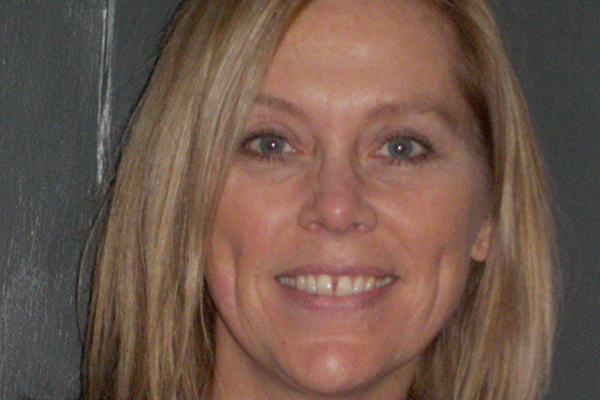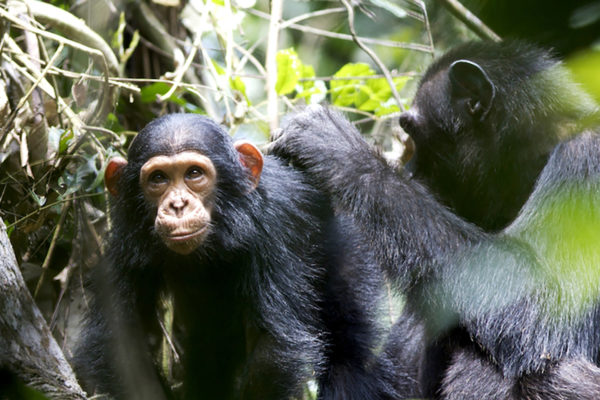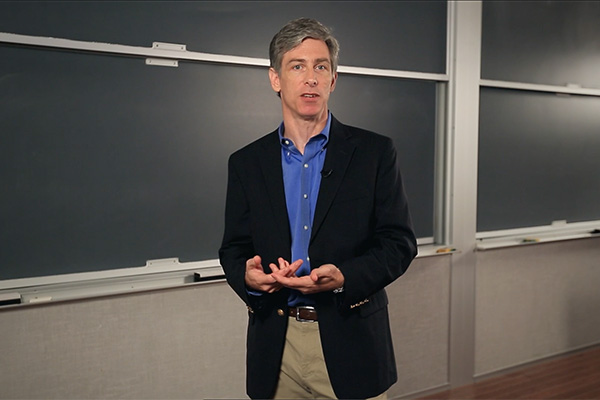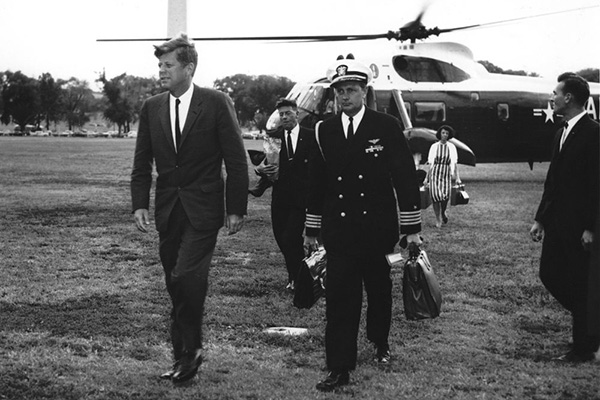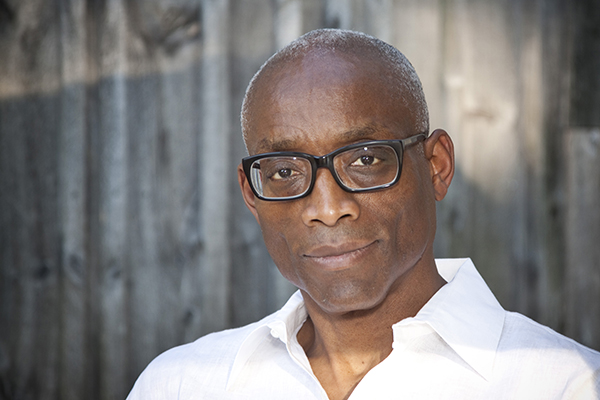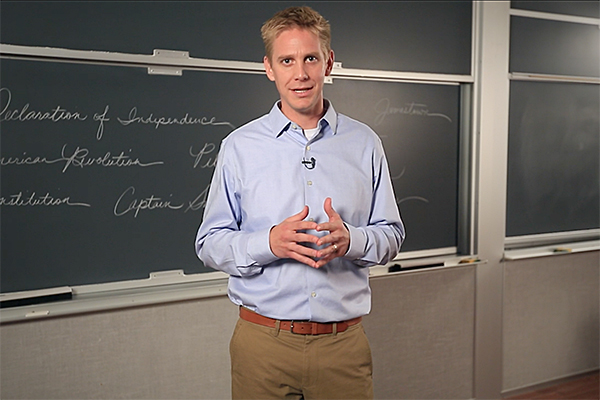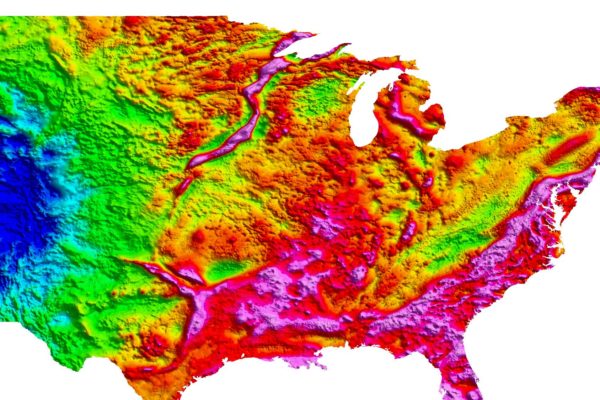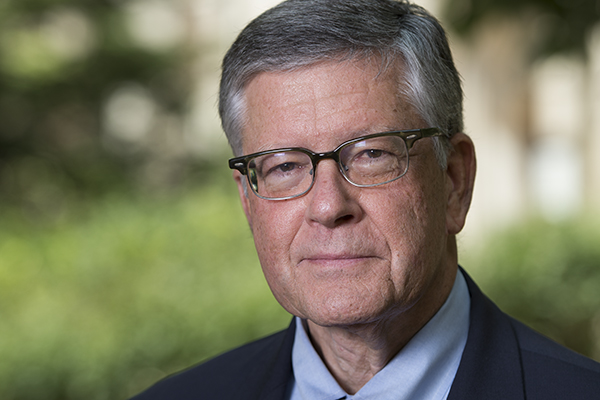Brantmeier named distinguished visiting professor at Chinese university
Cindy Brantmeier, professor of applied linguistics and education in Arts & Sciences, has been named a distinguished visiting professor of applied linguistics by the School of Foreign Languages of Northeast Normal University in Changchun, China.
Wild chimpanzee mothers teach young to use tools
The first documented evidence of wild chimpanzee mothers teaching their offspring to use tools has been captured by video cameras set to record chimpanzee tool-using activity at termite mounds in the Nouabalé-Ndoki National Park in the Republic of Congo, according to new research from anthropologists at Washington University in St. Louis.
Video: ‘What kind of government did the founders want?’
It is a staple of the political season: “The founders wanted this,” a candidate confidently declares. “The founders wanted that.” But not so fast, says Peter Kastor, principal investigator for the digital archive “Creating a Federal Government.”
WashU Expert: The nuclear football
It is the ultimate symbol of public trust. Accompanying the president, at virtually all times, is a military aid with a large black satchel known as the “nuclear football.” But for all its prominence in the popular imagination, the football does not contain some sort of “nuclear button” that might allow a president to single-handedly initiate nuclear launch, says Krister Knapp, senior lecturer in history in Arts & Sciences.
University well-represented in TEDx Gateway Arch event
Six members of the Washington University in St. Louis community will be among the speakers at an upcoming TEDxGateway Arch event.
Student playwright: On writing and the creative process
Andie Berry, whose play “Son of Soil” will receive a staged reading Oct. 1 as part of the A.E. Hotchner Playwriting Festival, discusses her work.
A Q&A with Bill T. Jones
World-renowned choreographer Bill T. Jones will receive Washington University’s 2016-17 International Humanities Prize Sept. 29. In this Q&A, Joanna Dee Das, assistant professor of dance, talks with Jones about his career, his choreographic process and his latest works.
Video: Where and when does America begin?
In 1630, John Winthrop, governor of the Massachusetts Bay Colony, proclaimed to fellow Puritan settlers that “we shall be as a city upon a hill.” In this video, Abram Van Engen examines the surprising history of Winthrop’s striking image and its subsequent adoption by presidents John F. Kennedy, Ronald Reagan and Barack Obama.
When lava erupted in the Midwest
A billion years ago, the core of what was to become North America nearly ripped apart, creating a huge branched scar that extends from the tip of Lake Superior deep into the Midwest. Washington University in St. Louis scientists are using data from seismometers they placed across and along the rift to take a good hard look.
Roediger receives lifetime achievement award
Henry L. “Roddy” Roediger III, an internationally recognized scholar of human memory and the James S. McDonnell Distinguished University Professor in Arts & Sciences, has received the the 2016 Lifetime Achievement Award from the Society for Experimental Psychology and Cognitive Science.
View More Stories
